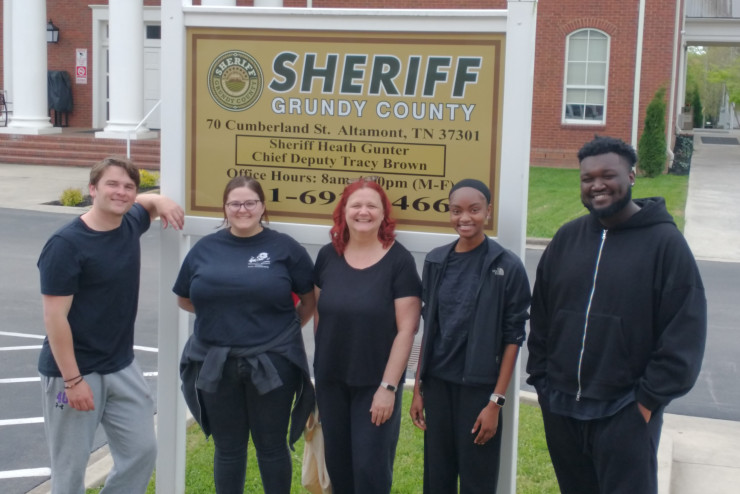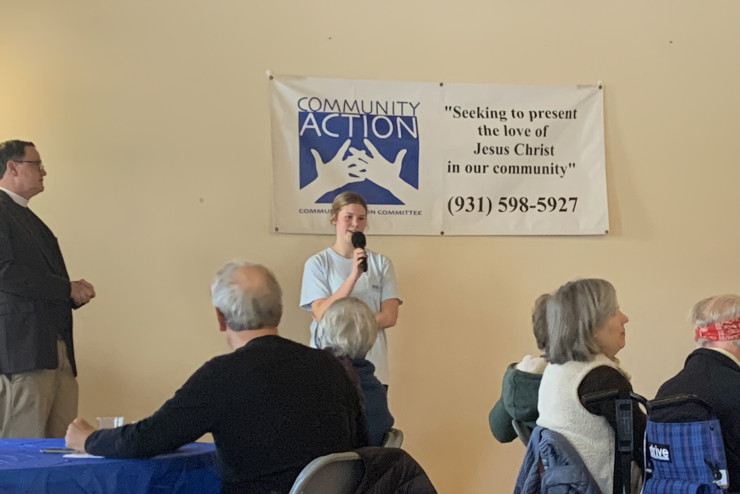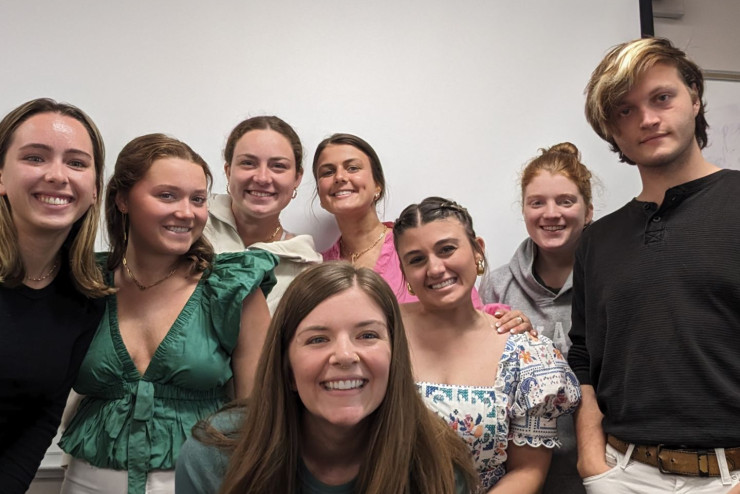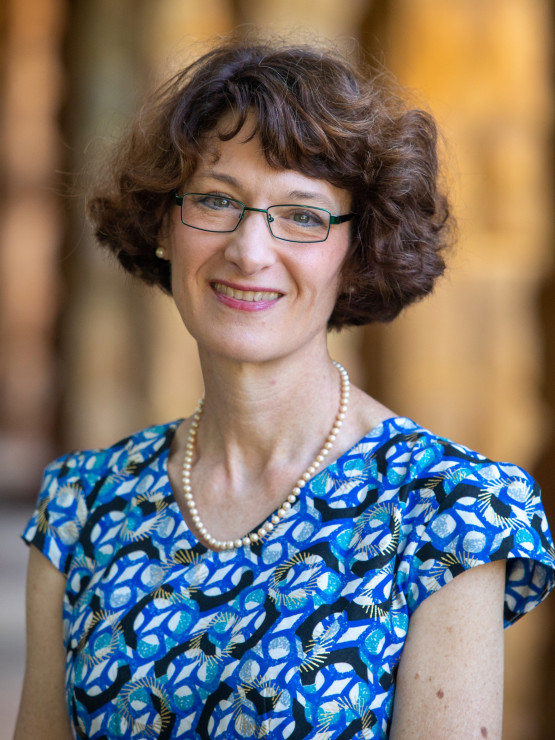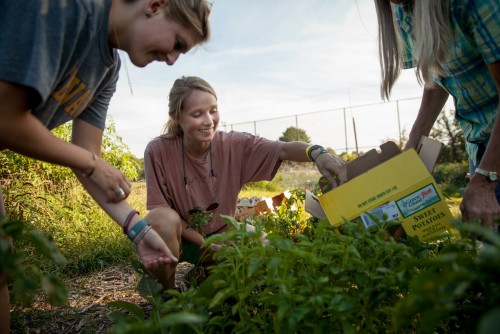How do individuals contribute to the well-being of communities near and far?
Moving beyond traditional studies in leadership, the Certificate in Community Engagement for Collaborative Change (CCECC) brings together what students learn in the classroom with real-world applications to make sense of issues of concern to communities.
Students work across academic disciplines to gain collaborative skills and reflect on their leadership on and off campus. The certificate welcomes students from across the arts, humanities, social sciences, and sciences. Students who complete the certificate will be prepared for careers in nonprofit leadership, community development, public health, policy, law, environment and sustainability, public arts, advocacy, and research. Through the certificate, students will find meaning and purpose in catalyzing collaborative change for the public good.
Why study Community Engagement for Collaborative Change?
- To critically question the role of structures, identities, voice, representation, and agency in local and global contexts in order to navigate the complexities of systemic change
- To acquire a deeper understanding of issues and perspectives raised within communities to identify and address community-based problems and collaboratively empower community possibilities
- To develop and implement skills in collaborative inquiry and planning, research and synthesis of knowledge, and creative problem solving
- To deepen skills in group facilitation, including designing and executing gatherings with awareness of group dynamics
- To cultivate empathy towards others with different lived experiences
- To understand and practice cultural humility and awareness in engagement with communities
- To practice communication across lines of difference
- To practice reflective and responsible questioning and involvement to address contemporary and enduring challenges and questions
- To critically examine their role and reflect on their purpose as responsible actors in communities, strengthening leadership identity through knowledge, practice, and courage.
